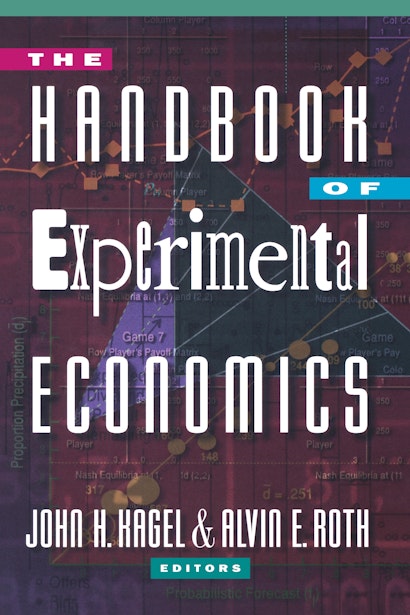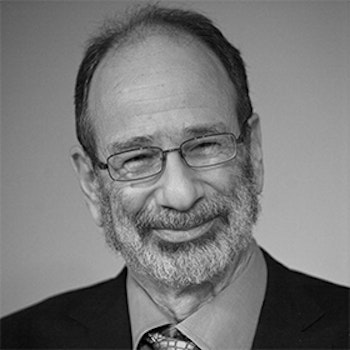This book, which comprises eight chapters, presents a comprehensive critical survey of the results and methods of laboratory experiments in economics. The first chapter provides an introduction to experimental economics as a whole, with the remaining chapters providing surveys by leading practitioners in areas of economics that have seen a concentration of experiments: public goods, coordination problems, bargaining, industrial organization, asset markets, auctions, and individual decision making.
The work aims both to help specialists set an agenda for future research and to provide nonspecialists with a critical review of work completed to date. Its focus is on elucidating the role of experimental studies as a progressive research tool so that wherever possible, emphasis is on series of experiments that build on one another. The contributors to the volume—Colin Camerer, Charles A. Holt, John H. Kagel, John O. Ledyard, Jack Ochs, Alvin E. Roth, and Shyam Sunder—adopt a particular methodological point of view: the way to learn how to design and conduct experiments is to consider how good experiments grow organically out of the issues and hypotheses they are designed to investigate.
John H. Kagel is Professor of Economics, a Fellow at the Center for Philosophy of Science, and Director of the Center for Experimental Economics at the University of Pittsburgh. Alvin E. Roth is A. W. Mellon Professor of Economics at the University of Pittsburgh. He is a Fellow of the Econometric Society.
"This book is impressive for the clarity, depth, and informativeness of its surveys. The focus on series of experiments is very instructive.... One can learn a lot from the issues debated, the methodological digressions, and the many suggestions for further research.... This is a great book that is wholeheartedly recommended."—F. van Winden, The Journal of Economics
"The book provides not only a comprehensive and deep review of major areas of experimental research, but it is also exceptionally intellectually stimulating and insightful for theoretical economists as well as those who are interested in more immediate policy issues."—Katerina Sherstyuk, Economic Record
"This is a book written principally to demonstrate the considerable scope and potential of economics experiments, and it achieves that objective very well."—Graham Loomes, The Times Higher Education Supplement
"A critical review and analysis of the foundations of laboratory experiments in economics, and much more. . . . Indeed, this handbook serves as a thoughtful agenda for future researchers. . . ."—Choice
"I wish every economist and economics graduate student would read this book. Those who are considering running experiments should be forced to; this is a bible in how to run good experiments. Every chapter is amazingly comprehensive and has been written by a true expert in the field. But economists who would never dream about running an experiment can benefit from reading this just as much. The beauty of experiments is that they force theorists to think carefully about their theories."—Richard Thaler, Cornell University
"This Handbook surveys one of the most important developments in economics in the last decade, the flowering of experimental economics. Led by two of the leaders of current economic theory and experimental economics, an impressive group of researchers provides the reader with an excellent up-to-date overview of one of the most fascinating and promising areas of current economic research."—Ariel Rubinstein, Princeton University
"The Handbook is not only a contribution to experimental economics, it is a major contribution to social science. It successfully combines the rigor and clarity of economic analysis with a commitment to open-minded examination of data, and a refreshing willingness to question dogma. Every student of human choice and action will find this text useful."—Daniel Kahneman, The Woodrow Wilson School of Public and International Affairs, Princeton University
"Experimental economics comes of age with this volume. At last the dust begins to clear, and it becomes possible to confront theory with coherent and reliable laboratory data."—Ken Binmore, University College of London


